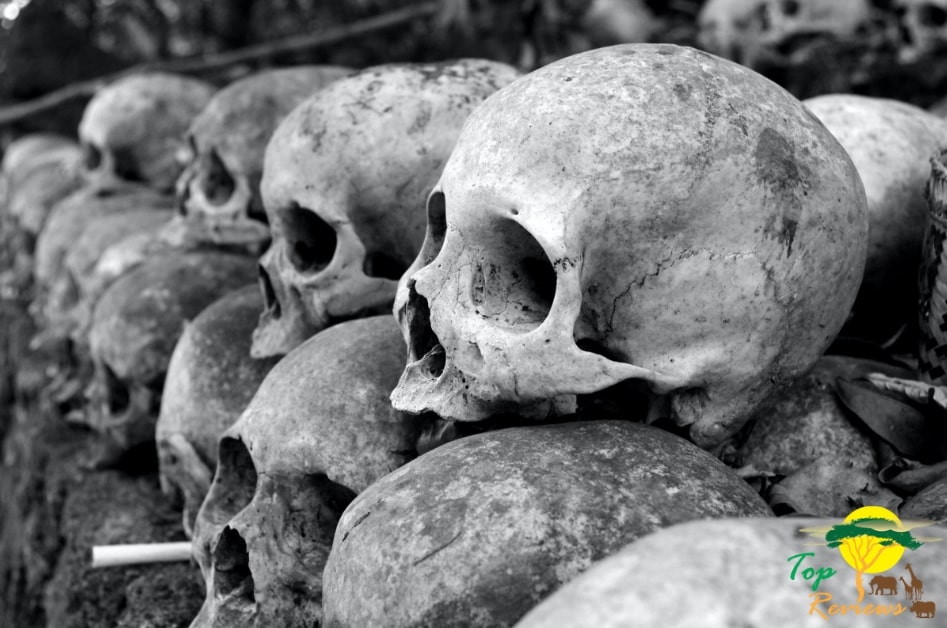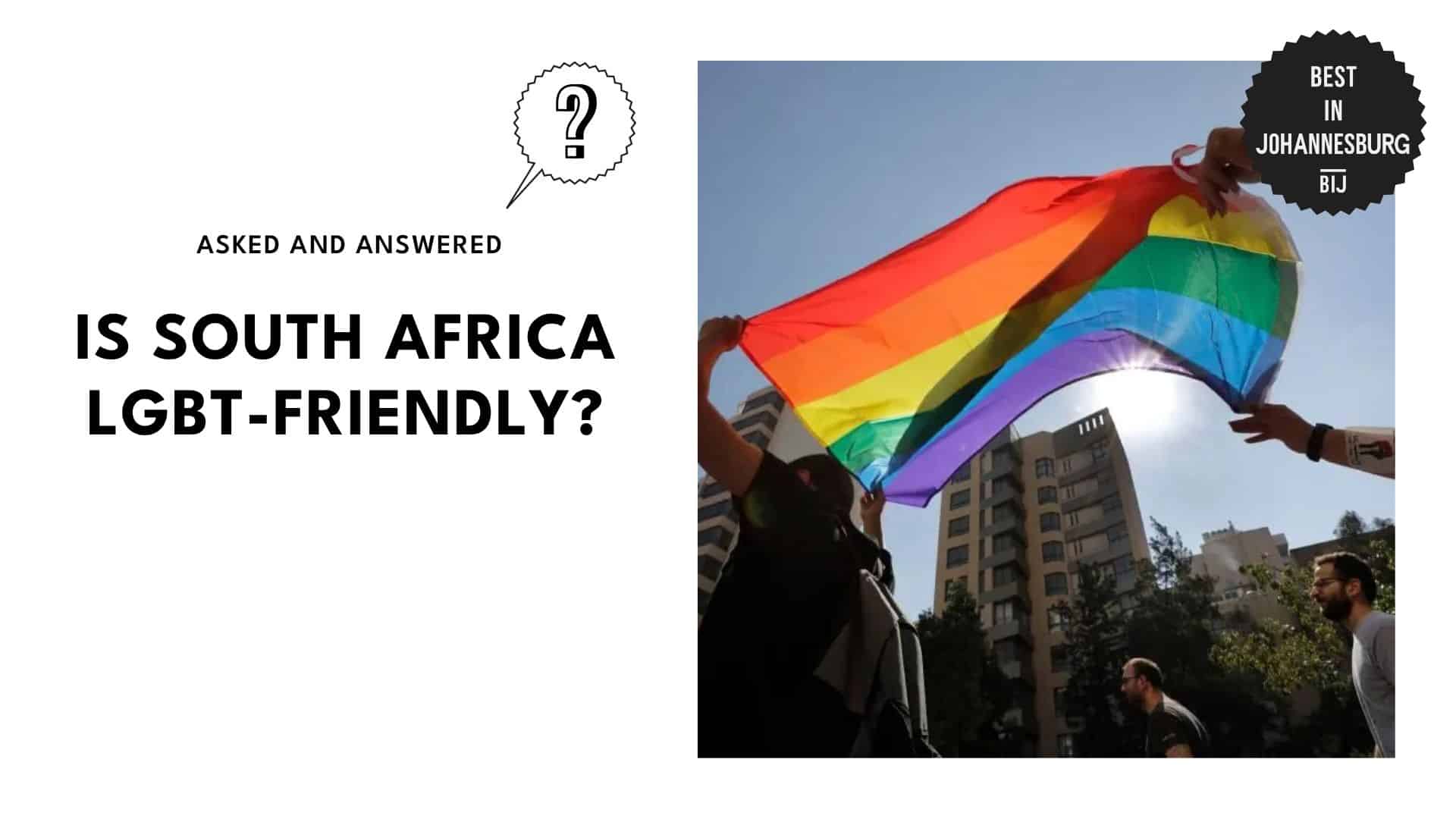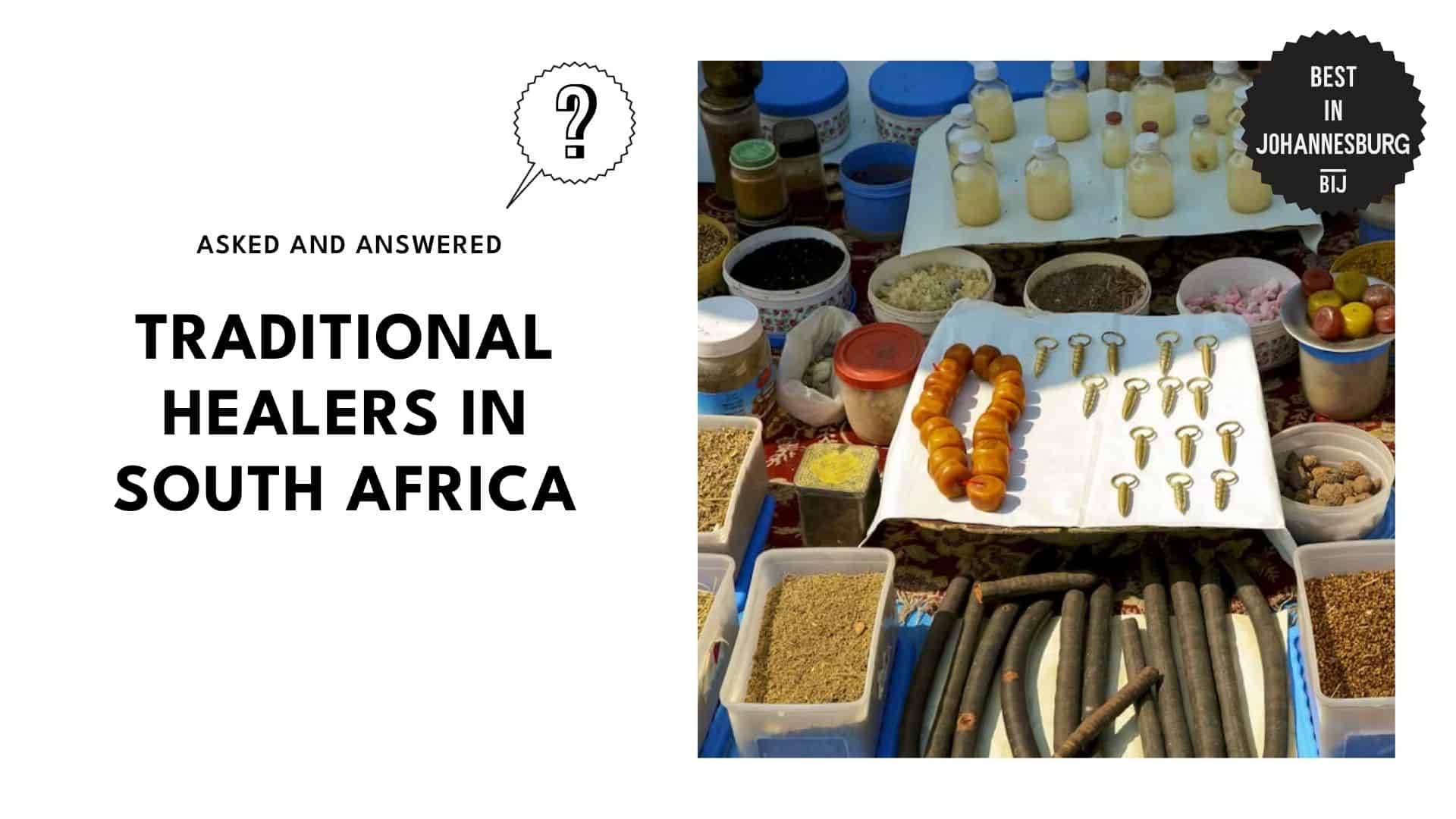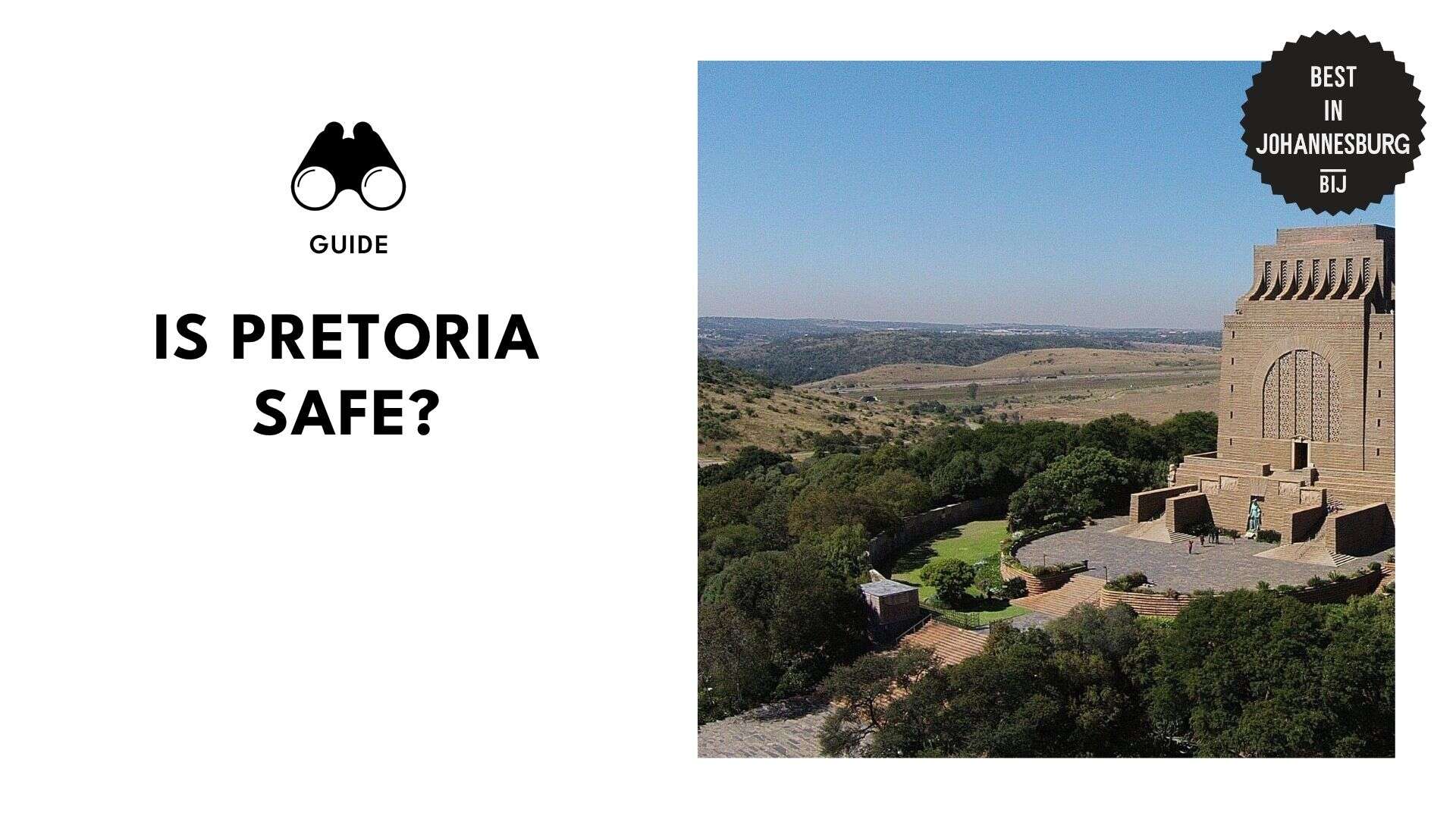Categories > Guides and Tips

South Africa and the Death Penalty
As crime rates continuously rise in the country, more and more citizens are calling for the reinstatement of the death penalty in South Africa.
Will South Africa bring back the death penalty? Read on to learn about the country’s history with capital punishment.
Will South Africa bring back the death penalty?
It is unlikely that the current administration will bring back the death penalty in South Africa.
In 2019 during the campaign period, president Cyril Ramaphosa clarified his stand on capital punishment saying the state has no right to take anyone’s life.
Many Constitutional law experts also support this sentiment.
There are, however, several parties in South Africa that endorse the return of the death penalty, namely:
- National Party South Africa the African Christian Democratic Party
- African Covenant
- African Transformation Movement (ATM)
- National Conservative Party of South Africa.
South Africa’s history with the death penalty

Image: Foreignpolicy.com
Colonisers introduced the idea of capital punishment in South Africa in the 1650s. Usually in the form of hanging, the death penalty was imposed for rape, murder, arson, fraud, sodomy, incest, public violence, and theft.
Beginning in the 19th century, the legal courts started to limit capital punishment for murder, treason, and rape charges.
Nonetheless, this was obviously abused, and most alleged criminals were sent to the death penalty without having their sentences carried out. On top of this, race played a crucial role in sentencing criminals.
Most Black citizens don’t have access to good lawyers. Also, White South Africans dominated the South African jury system during that time. In fact, in 1954, coloured and black jurors were removed entirely by statute.
From 1959 to 1989, around 3,000 people were executed by hanging. This identified South Africa as the leading country based on execution rates globally.
The abolishment of the death penalty in South Africa
In February 1990, former president Frederik Willem de Klerk a moratorium against the death penalty for five years. The decision to abolish capital punishment permanently was brought forth in 1995 following the constitutional case of S vs Makwanyane.
Through the case, it was established that the death penalty does not align with the human rights stated in the Interim Constitution.
Also, allowing racial discrimination to thrive and influence death as punishment is inconsistent with the nation’s commitment to “unity in diversity”, as represented by their flag.
Which countries in South Africa still have death penalty?

Image: Fiacat.org
A study in 2018 identified 33 African countries where the death penalty was still implemented. In 10 of those countries, executions were regularly held.
Thankfully for the rest, there have been no death sentences for at least 10 years.
In 2021, it was reported that the use of the death penalty is on a downward trend following World Congress Against the Death Penalty movement in Berlin.
Presently, out of the 54 Union member States in the African continent, 22 countries have outright abolished it in their laws, 18 countries have a long-term moratorium on executions in place, and 15 have retained the death penalty.
FAQs about the death penalty in South Africa
When was the last person hanged in South Africa?
Solomon Ngobeni was the last person hanged for their crimes in South Africa. He was charged with murder and robbery and was punished in 1989.
Sandra Smith was the last woman condemned to death by hanging for robbery-homicide. This happened in 1986.
How long is a life sentence in South Africa?
The length of a life sentence in South Africa is not determined and may last for the remainder of the criminal’s life.
How many prisons are there in South Africa?
South Africa has 243 prisons run by the Department of Correctional Services. Currently, there are about 162,000 prisoners managed by an estimated 34,000 employees.
There are two super-maximum security prisons in South Africa: C-Max in Pretoria, and Ebongweni in Kokstad.
There are also two private-run prisons which are the Kutama Sinthumule Correctional Centre and the Mangaung Correctional Centre.





